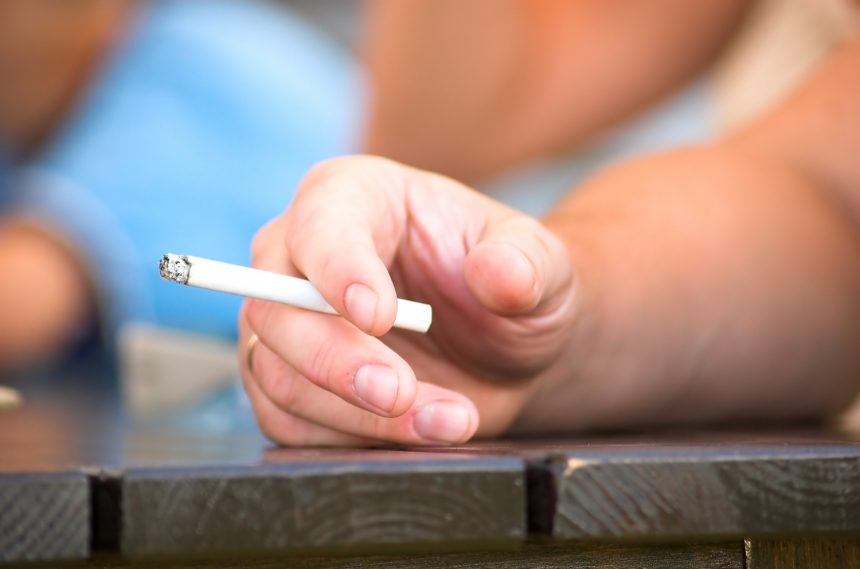Sharp Decline in Smoking Rates Stalls Amid Pandemic, Urgent Measures Needed: Study
A recent study suggests that the long-term decline in smoking rates in England has dramatically slowed since the onset of the pandemic. Research indicates a significant drop in the rate of decline, from 5.2% before the pandemic to a mere 0.3% between April 2020 and August 2022. This deceleration is attributed to a rise in young individuals taking up smoking, prompting urgent calls for intervention.
Surveys conducted with over 100,000 adults revealed that while smoking rates had steadily decreased, they now plateau at around 15%, hinting at a persistent slowdown. Efforts to quit smoking surged by 120% during the pandemic, but this was counteracted by an increase in new smokers, notably among 18- to 24-year-olds.
Lead researcher Dr. Sarah Jackson from University College London expressed concern about the stalling progress, emphasizing the need to reignite anti-smoking campaigns. Stress and social isolation among young adults during the pandemic were noted as potential contributors to this trend.
The study also highlights misconceptions surrounding vaping and smoking risks among young adults, with Dr. Jackson emphasizing the significantly lower risks of vaping compared to smoking. The researchers endorse the government’s proposal to raise the smoking age, aiming to prevent young individuals from purchasing cigarettes legally.
While smoking rates declined among certain age groups, the stagnation was more evident in advantaged social groups, with former smokers possibly relapsing contributing to the slowdown. The pandemic-induced shift to remote work might have impacted mental health, hindering smoking cessation efforts.
Various organizations, including the government and health agencies, acknowledge the need for immediate action. Increased funding for stop-smoking services and plans to distribute free vapes to smokers are among the strategies being considered. Despite England’s target to become smoke-free by 2030, the current trend suggests a potential miss of this goal, necessitating swift and robust actions to combat the stall in smoking rate decline.










kw2fvm